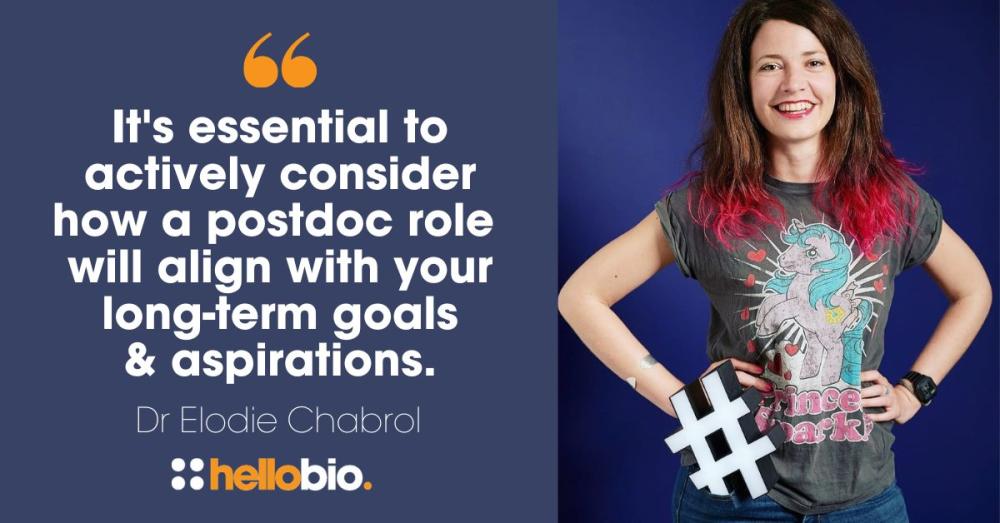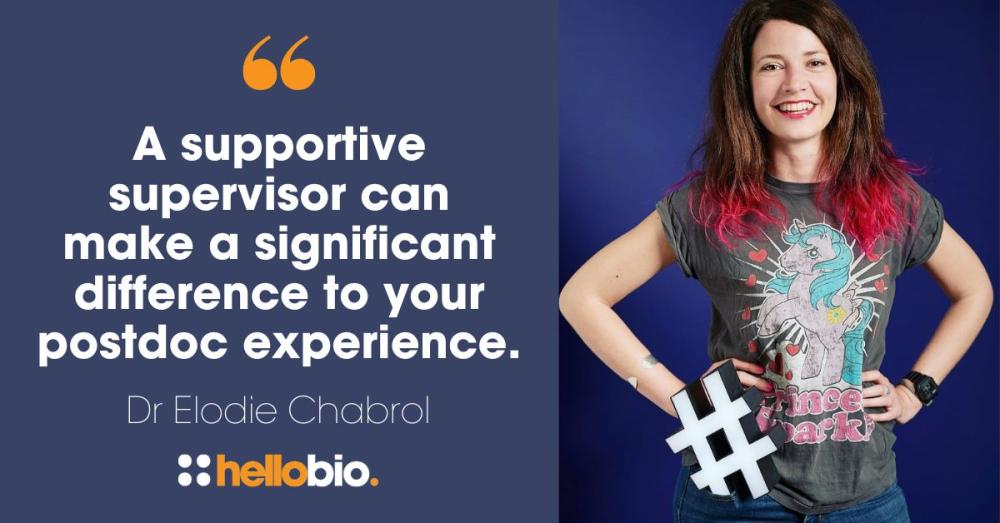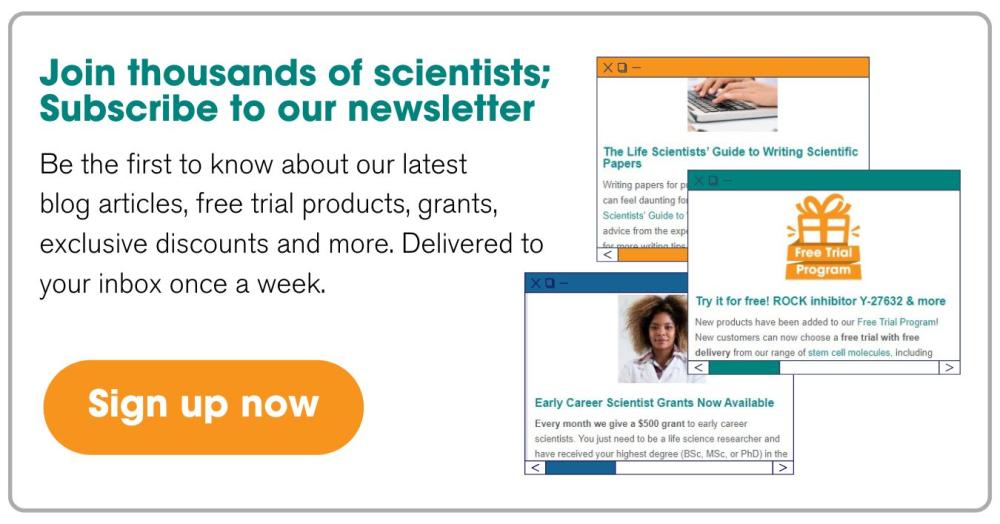10 Tips for Picking Your Perfect Postdoc Position
Choosing the right postdoc position can be a pivotal step in your science career, offering a unique opportunity to expand your skills and network on a global scale. It's essential to actively make this decision, considering how it aligns with your long-term goals and aspirations.
According to a study of 45,500 researchers’ careers, more than 40% of postdoctoral researchers leave academia. Those who succeed in landing faculty positions often have highly cited papers, change their research topics between their PhD and postdoc, or move abroad after their doctorate. By consulting with a diverse range of individuals, from mentors to industry professionals, and exploring opportunities worldwide, you can ensure that your postdoc role not only enhances your professional development but also provides the skills necessary for your future career.
With the following ten tips, you can navigate this transition with confidence and set yourself up for long-term success in STEM…
1. Prioritize people over projects
The environment and people you work with can greatly influence your postdoc experience. Be sure to choose a group where collaboration and support are prioritized over the scientific subject itself.
2. Seek feedback from former and current group members
Engage with both former and current members of the lab to get a comprehensive view of the group dynamics. Ask them to share their experiences, and how they feel about the PI's management style and the lab culture in general. This feedback is invaluable in assessing whether the environment will be conducive to your growth.
3. Check publications for PI’s authorship
Analyze the lab's publications to understand the PI's role and involvement in group projects. If the PI is always the last author without fostering team growth, it might indicate a lack of support. Look for a PI who mentors and promotes the contributions of all of their team members.
4. Look for longer-term offers
A longer-term postdoc position, typically at least two years, will provide the stability and time needed to immerse yourself in the research and achieve significant milestones. It will also allow you to develop your skills and see projects through to completion.
5. Build a support network
Establish connections with peers and mentors who can offer guidance and support. A strong network can provide emotional support, professional advice, and opportunities for collaboration, helping you to navigate the challenges that come with a busy postdoc role.
6. Evaluate project independence
Consider whether the project allows for independent research and development. This is especially important if you plan to apply for fellowships or academic positions afterwards. A project that encourages independence can help you to build your own research identity.
7. Negotiate time for personal projects
Ensure your postdoc role allows time for personal research interests and career development. Discuss this with your PI to set clear expectations from day one. Balancing your PI's project with your own growth is crucial for your long-term success and job satisfaction.
8. Plan for downtime
Taking a break between your PhD and postdoc can prevent burnout and help to refresh your perspective. Use this time to recharge and reflect on your career goals, ensuring you're ready for all the demands of a postdoc position.
9. Consider project milestones and alternatives
Before starting, identify the key milestones and potential challenges the project may bring. Understanding what could go wrong and planning alternative actions ensures you're prepared for any setbacks, allowing for smoother project progression.
10. Choose a supportive supervisor
A supportive supervisor can make a significant difference to your postdoc experience. Look for someone who is approachable, provides constructive feedback, and is genuinely interested in your development. A nurturing supervisor can help you to grow both professionally and personally.
Considering the above factors when looking for potential postdoc roles will help you to understand what you do and don’t want from a postdoc. In addition to this advice, consider these bonus points based on my personal experience and that of my postdoc friends:
-
Choose a PI who cares
Opt for a PI who is clearly invested in your success. While some established PIs might not focus on individual development, younger PIs often see your success as their success, therefore providing a more supportive environment. -
Have a Plan ‘B’
If you're uncertain about staying in academia long-term, select a postdoc that aligns with potential alternative career paths. This could mean choosing a position that enhances your language skills or offers connections to the private sector, facilitating a smoother transition if needed.
While the process of selecting a postdoc position can feel overwhelming, the most crucial aspect is understanding why you've made your choice. Whether it's to gain specific skills, explore new research areas, or transition to a different career path, knowing your reasons will guide you through any potential challenges or pitfalls. As the Nature article suggests, those who adapt and embrace change often find success, whether in academia or beyond. So, trust in your decision-making and stay open to new opportunities. Your postdoc is not just a step in your career; it’s a chance to grow, learn, and pave the way for your future endeavors as a scientist.
________________________________
Acknowledgements
A special note of thanks for the input from followers on Bluesky who responded to this post to share their own tips and experiences:
About the author
Dr Elodie Chabrol is a neuroscientist and a freelance science communicator who is working to change the perception of science and scientists for the better, one mission at the time. She is also the founder of Pint of Science France and is working as an International Director to develop the festival globally. Elodie loves science and through her freelance science communication projects she wants to help scientists share their fascinating stories.
Connect with Elodie:
-
Website: https://www.elodiechabrol.com/
-
Email: contact@elodiechabrol.com
-
LinkedIn: Elodie Chabrol, PhD
-
Bluesky: @eloscicomm.bsky.social
Read more articles by Elodie Chabrol on the Hello Bio blog:
More advice for postdocs from Hello Bio
For more advice dedicated to those just starting, or thinking about starting a life science postdoc, take a look at these other great articles on the Hello Bio blog:
-
Beyond the Bench: Expanding Your Skill Set for a Successful Postdoc
-
Becoming an Assistant Professor - Advice for Science Postdocs
________________________________
If you enjoyed this article, why not check out the other resources available on our blog. We are passionate about supporting life scientists including early career life scientists and PhD students - with really low-priced reagents, antibodies and biochemicals, early career scientist grants, and resources to help with both personal and professional development. We know how tough it is - so we hope you find these helpful!
More General Support for Life Scientists
For advice on wellbeing, dissertations, presenting at conferences, wellbeing, PhD support, networking and lots more, we have a huge range of articles to help - just click below:
Save up to 50% on our high purity reagents...
When you get to the stage of planning your experiments, don't forget that we offer a range of low-cost, high-purity agonists, antagonists, inhibitors, activators, antibodies and fluorescent tools (yes - they really are around half the price of other suppliers!) You can use our Quick Multi-Search Tool to search for lots of products in one go, and the range includes:
- Enzyme inhibitors and activators
- Chemogenetic ligands
- Ion channel modulators
- GPCR & ionotropic receptor ligands
- Cell biology reagents & biochemicals
Technical resources
Try our Molarity Calculator: a quick and easy way to calculate the mass, volume or concentration required for making a solution.
Try our Dilution Calculator: an easy way to work out how to dilute stock solutions of known concentrations
We also offer a comprehensive range of technical resources including antibody protocols and methods, product guides and mini-reviews:
And finally, don't forget to check back in with our blog regularly for our latest articles. If there’s something you’d love to contribute to the community, whether that’s an interview or article, drop us a line at hello@hellobio.com
---


























